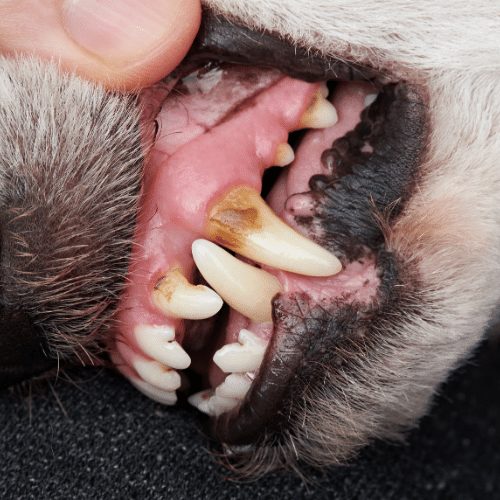The majority of the advice on keeping dogs at a healthy weight that you will find is written with the intention of keeping your dog from gaining weight or becoming obese. Obviously feeding a dog more will help them put on weight, but how do you do this safely and effectively if your pup is underweight? If your pup needs to gain a few pounds, read on for tips and tricks to help them do this safely and effectively.
What Does It Mean If a Dog is Losing Weight?
Dogs can lose weight for 6 reasons
Is it normal for a senior dog to get skinny?
No, it is not typical for an elderly dog to lose a lot of weight quickly. This is particularly true if your dog appears to be severely underweight (for example, by having visible ribs, vertebrae, and hip bones).
Even though it’s a typical sign of an aging dog, weight loss should never be disregarded. Giving the dog a thorough checkup at the vet and possibly changing his diet can often address the cause of this change.
Unfortunately, our dogs are unable to communicate with us when they are uncomfortable or hurt. Because of this, it is the owner’s responsibility to constantly be alert for any indications or symptoms that the pet may not be feeling well. Take your dog to the vet to find out the cause if you notice a change in his behavior or physical appearance!

If your dog is not eating or eating very little, possible causes are:
FAQ
How do you fatten up an old dog?
Dogs who need to put on weight should eat foods high in protein and fat. feeding your dog a diet richer in fat and protein will promote gradual weight gain in your dog. Foods high in protein and fat will help your dog gain weight in a healthy way, and you should see an increase in weight in just a few weeks.
What can I give my senior dog to gain weight?
It might be simpler for your senior dog to eat smaller kibbles or canned food. If you want to soften the food for your dog, you can also try adding some water or broth. Find foods that have a good balance of protein and nutritious carbs. You can even switch your dog’s diet to include rice and chicken or lamb if it is dangerously underweight.
Is it normal for a senior dog to get skinny?
Unfortunately, many dogs begin to lose weight as they age. In some instances, this is normal and poses no serious health risk, especially if the weight loss happens gradually. However, in other circumstances, such as when the weight loss happens quickly, you should seek immediate veterinary care.
What is the fastest way to put weight on a dog?
- Eat More Food. Feeding your dog more food is the most straightforward way to assist him in gaining weight.
- Choose Foods High in Calories. …
- Add Fat to His Diet. …
- Let It Rest. …
- Add Meat or Fish Flakes to Meals. …
- Incorporate Nourishing Supplements. …
- Give Treats.